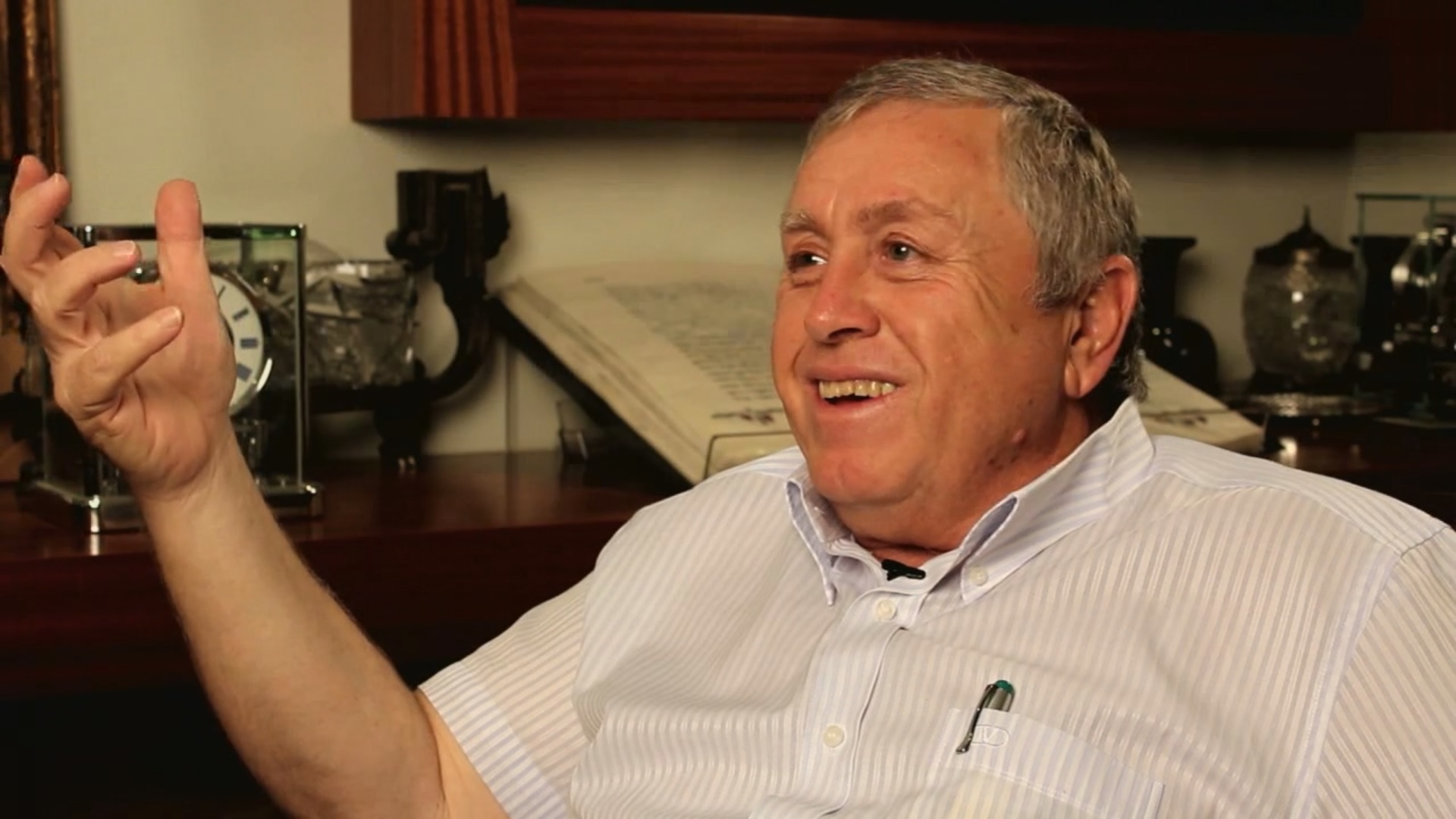
Documentary film. The life story of Avi Tavisal, a jeweler and businessman – in honor of his 60th birthday. 30 min.

Documentary film. The life story of Avi Tavisal, a jeweler and businessman – in honor of his 60th birthday. 30 min.
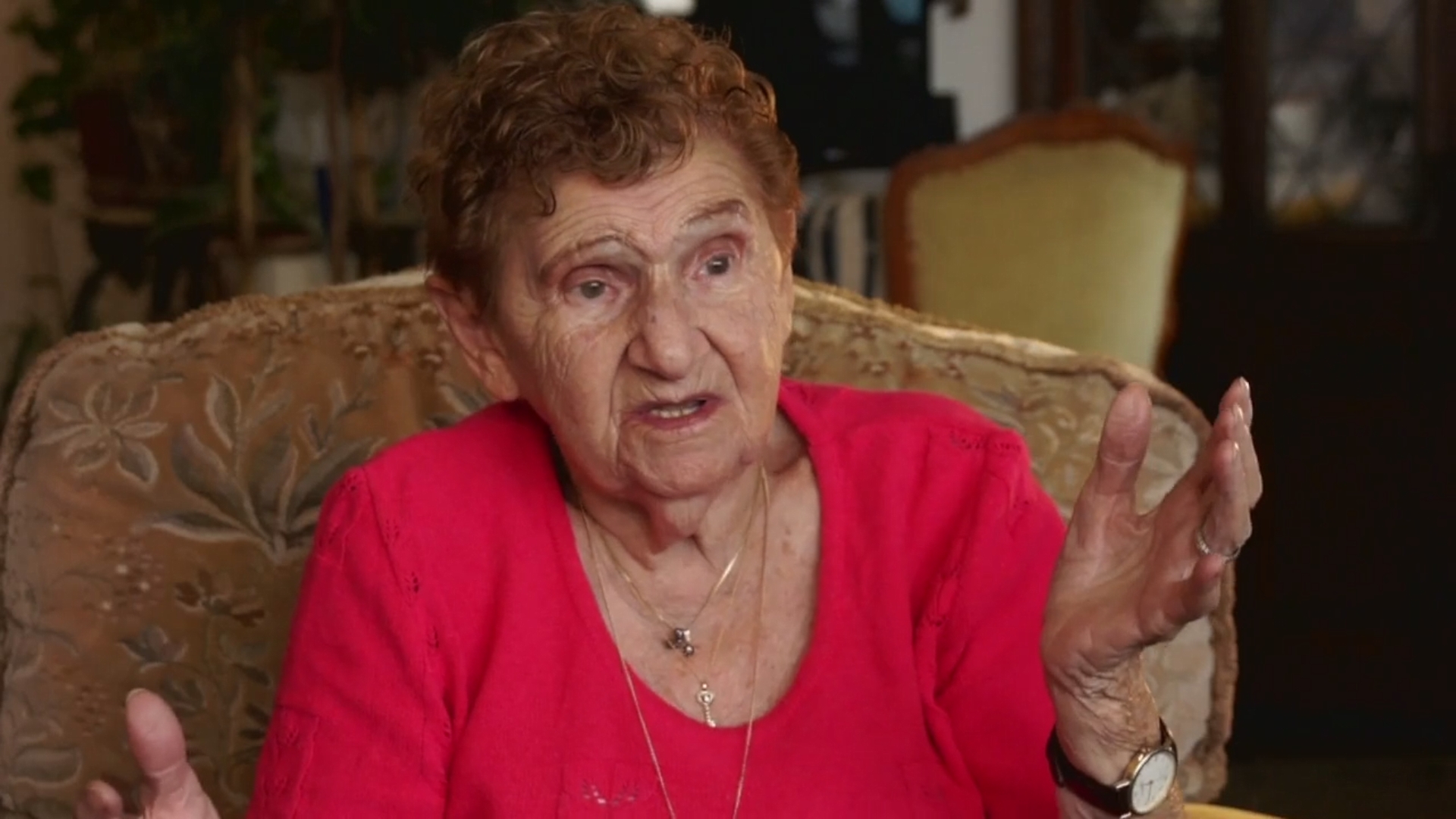
Documentary Film – The amazing survival story of Judith Angus and her twin sister, in Budapest during World War II. 41 min.

Documentary Drama > 80 Min. > Digital Beta & DVcam >Part 2 of a trilogy
Producers, Director & Writer: Avi Bohbot
Languages: Belarusian, English, Hebrew, Russian
Source: Chaos Films Ltd
Production Status: Editing – Rough Cut, fund raising
This heartfelt documentary follows Kopel Kolpanistky – holocaust survivor, partisan and author of Sentence to Live – during one of his last pilgrimages to his home village of Lachwa, Belarus. Family, friends, and fellow survivors join him as they revisit their difficult past and rediscover the land where they once lived. For both the young and old who join Kolpanistky on his visit, this family tale epitomizes the emotional struggle in which the tangible proof of their history comes to life.

At the age of 15, Kolpanistky witnessed what was arguably the first ghetto uprising in World War II, losing his entire family in the process. Out of nearly 2,350 Jews that lived in the ghetto, Kolpanistky was one of 90 that survived the war. After hiding in a nearby forest for several months, he joined a partisan unit and eventually moved to Israel. In one of his last visits to Lachwa before his death in 2011, Kolpanistky tells his story with chilling candor as he recalls both his fond childhood memories and the horrors he endured.
In his company were some who had never been to Lachwa before. The effect this experience had on them was life changing. The Three Vows follows Kolpanistky’s companions as they revisit their former homes and villages, and pay respects to memorials and burial grounds where nearly 1200 Jews were massacred during the uprising.
The camera captures every intimate moment; the raw intensity of the group’s reactions is juxtaposed with the serene backdrop of the Belarusian landscape. Amid this contrast, The Three Vows illustrates an intimate portrait of a survivor’s retrospective, a journey come full circle as they rekindle their history.
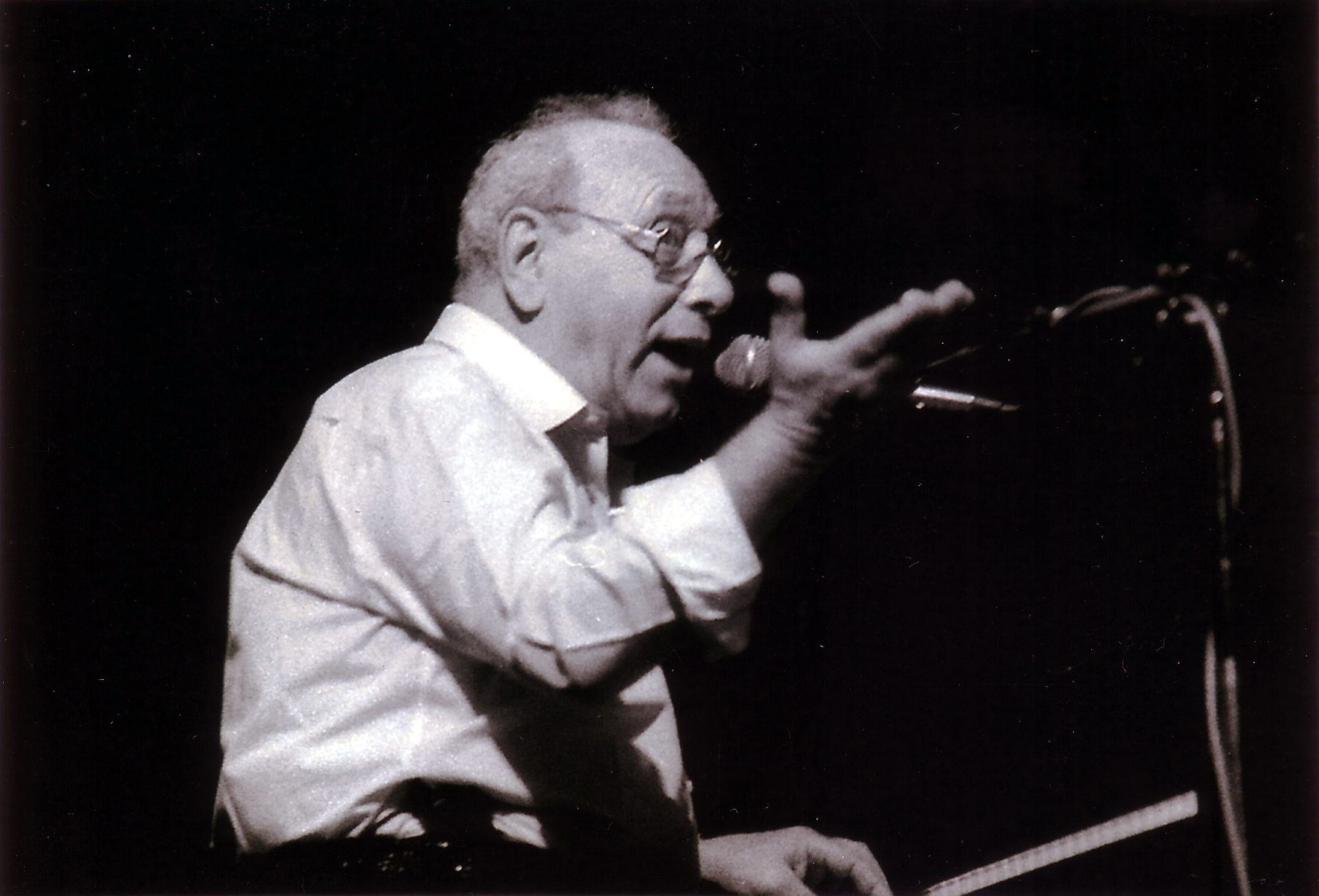
Concerts of the Traveling Pianist
Levontin Club – Maurice played at a hip gathering for world music and jazz lovers and swept his young Israeli fans off their feet. Despite being exhausted, he was still able to play enthusiastically and engage an audience a quarter of his age.
Playing with Andalucian Orchestra – Maurice was invited to play with a famous Israeli orchestra in Ashdod and Tel Aviv. He played North-African Jewish music of his youth alongside Chazans, religious Jewish singers, that brought him back to the days of his childhood in Algeria.
Playing in a Piano Bar – In Tel Aviv, Maurice played in the dark, small ‘Bialik Café,’ named after Israel’s national poet.
Nostalgia in Jerusalem – Maurice played a concert in Jerusalem. Most of the attendees came from Algeria and Morocco, and listened to Maurice’s music in their childhood. It was a family gathering where people embraced each other with warmth to fill the shared emptiness of their lost ancestral land. At the concert, Maurice invited a 20-year-old man to play a duet alongside him. Their sounds harmonized and Maurice willingly passed down a profound musical legacy.
 Festival in Jaffa – Maurice played his classical world music pieces at the ‘Blue’ Festival in Jaffa, where both Arabs and Jews were in attendance. When he started playing Arabic songs, the Arabs congregated to listen. Soon after, the Israelis joined them in dancing and clapping. Maurice is suddenly back at his roots, having again united cultures through his music.
Festival in Jaffa – Maurice played his classical world music pieces at the ‘Blue’ Festival in Jaffa, where both Arabs and Jews were in attendance. When he started playing Arabic songs, the Arabs congregated to listen. Soon after, the Israelis joined them in dancing and clapping. Maurice is suddenly back at his roots, having again united cultures through his music.
The Return to North Africa – At the Andalusian Atlantic music festival in Essaouira in Morocco, Maurice played again in North Africa. His concert, which attracted hundreds of fans and world musicians, allowed him to return to the Jewish and Arab co-existence in North Africa – a paradise he never thought he’d see again.
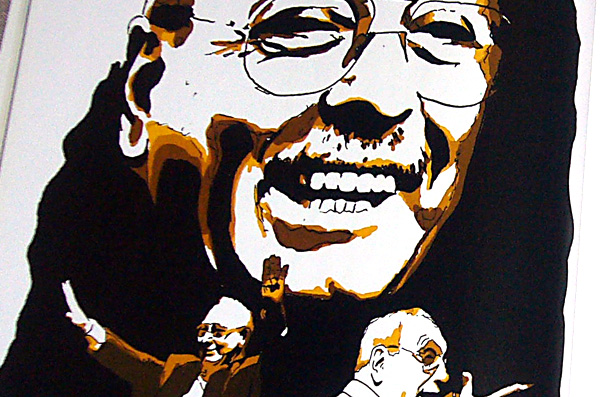
What is the film about?
The Journey of Music
As we follow the musical life journey of renowned pianist Maurice El Medioni, the dramatic narrative of the last 70 years of Algerian history is revealed. Maurice’s story composes the story of a lost Jewish community as they went from centuries of harmonious coexistence to complete exile from their homeland.

Music is a fundamental element of the film. It has journeyed alongside the Algerian Jews, and like the main character, has evolved alongside historical conflict. We will be using music and Maurice’s life story to paint a portrait of a formerly strong Jewish community.
The story is told through the eyes of Maurice El Medioni. His story covers all the events of the last century of the Algerian Jewish struggle. He has a personal conflict when it comes to Algerian history. On one hand this is his home, but on the other he was forced to exile. His music reflects this conflict, and his experiences and performances will provide fluid transitions into the stories and music of other Algerian Jews.
At age 83, Maurice finally immigrates to Israel, ending a long-time struggle in  maintaining a Jewish identity. Maurice bought an apartment to live out the remainder of his life in Natanya, Israel – home to many French Jews. Over the course of 2010, Maurice makes a concert tour throughout Israel along with other musicians. We followed the him on his tour.
maintaining a Jewish identity. Maurice bought an apartment to live out the remainder of his life in Natanya, Israel – home to many French Jews. Over the course of 2010, Maurice makes a concert tour throughout Israel along with other musicians. We followed the him on his tour.
The film intertwines the aforementioned concerts, interviews with Maurice with factual and emotional depictions of the major events of Algerian history with Maurice’s musical genius. The different genres and songs coinciding with different periods in Algerian history, seamlessly blend their musical elements with the factual elements of the Jews exile.
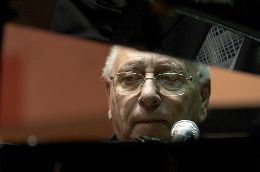
Who is Maurice?
The musical Maurice El Medioni and the sad recent history of Algeria are the subjects of our documentary, “Notes of Exile.” Through telling Maurice’s personal and musical journey, we have also documented the story of the turbulent history of the Jews of Algeria.

His story began seventy years ago in the Algerian city of Oran. He was nine years old when his brother bought an old piano in the local flea market. Maurice came back from school to find the wonderful instrument that changed his life. He began playing the piano that day and hasn’t stopped playing since.
Seven decades later, Maurice achieved international acclaim by winning a BBC World Music Award for his Cuban and Oriental musical synthesis album.
His musical story holds a unique insight into pivotal events in the history of the twentieth century and in the fate of the Algerian Jews. As a child, Maurice entertained Jewish-Algerian school friends with traditional French-Jewish songs. However, anti-Semitic laws dictated by Nazi-occupied France banished all Algerian Jews from school. He was not marred however, he used this free time out of school to devote himself to music. At age 13, Maurice’s played piano to entertain American soldiers celebrating victory over the Nazi occupation of Algeria. It was here he was introduced to Boogie Woogie, Rumba, Jazz and other popular American music.

In 1961, a year before the Algerian War of Independence liberated Algeria from France, tensions were high between Arabs and Jews. The streets of Algeria were transforming into a dangerous place. The lives of these Jews drastically shifted from a peaceful co-existence to a dramatic exodus of all Algerian Jews. A million French colonists and all 160,000 Algerian Jews left for France and Israel to flee Arab violence.A chance encounter with Arabic musicians introduced a teen-aged Maurice to Arabic Rai music. As the 1948 Arab-Israeli War ensued, Maurice took part of the creation of a new Rai sound. In the 1950s, amidst Algerian civil war, his capacity to blend genres would lead him to become one of few Jewish performers in the Opera of Oran.
Maurice helped to establish what is now known as “world music;” a genre that mixes and synthesizes styles of piano playing from all over the world. His life and musical journey represents the exiled Jews of Algeria. While forced into exile from his home, he did not give up playing. He continued to refine and expand his style; becoming the great pianist he is today.

Directors: Avi Bohbot, Moshe Nachmias
Producers: Bar-Or
Languages: Ukrainian, Russian, English, Hebrew
Distribution: Chaos Films Ltd.
Production Status: Shooting Editing, fund raising
Broken Circles follows a Jewish Holocaust survivor, Chaim Bar-Or, and his family back to the forest in which he buried his mother and sister during WWII. Will revisiting the horrors of his youth, where he was left alone to survive in the darkness of the wilderness, heal his fragmented soul?
Documentary Drama, Part 3 of a trilogy > 60 Min. > Digital Beta & DVcam
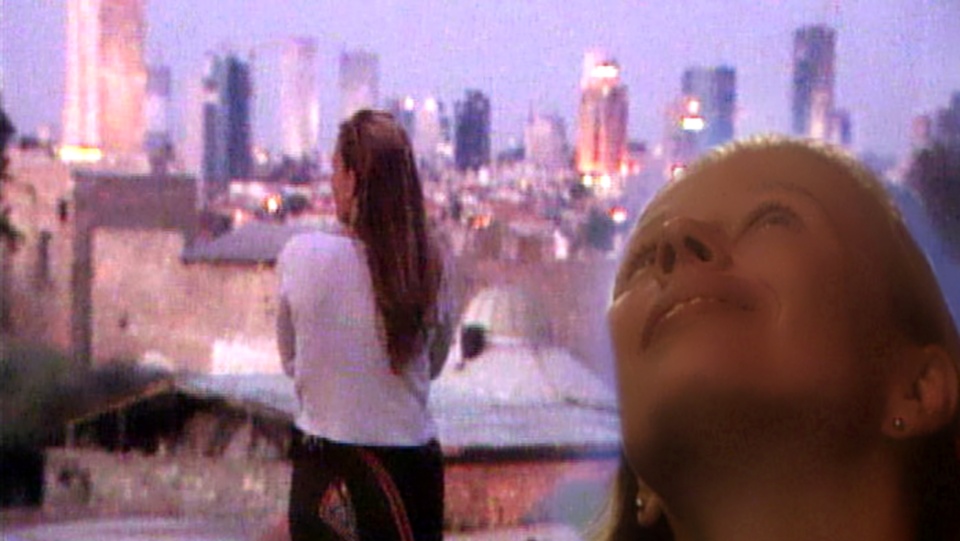
Documentary Drama > 50 Min. > Video Betacam > DVD > 4X3 > Hebrew, English/Hebrew subtitles
Director: Avi Bohbot
Writers & Producers: Yuval Delshad, Avi Bohbot
Release Date: Released in Israel, 2001
Distribution: Chaos Films Ltd.
Jerusalem Film Festival 2001
“Religion Today” Festival in Trento, Italy.

This is the story of Christine, a young, German non-Jew, daughter of a Protestant family, who immigrates to Israel. Fourteen years ago she dreamt about living in Israel, connecting her fate to both the land and the Jewish people, so she packed her belongings and left for Israel.
After spending several years living in Israel, she still feels like an outsider bearing the “Mark of Cain”, because of her foreign origin. Despite her numerous attempts to immerse herself in all aspects of society, Christine continues to run into a metaphorical glass wall. All too often she experiences the unspoken taboos of an outsider coming from different roots. She then discovers one of her dreams, and converts to Judaism, but even after her re-birth she finds that Israelis still won’t fully accept her, and that reality is not like her dream.

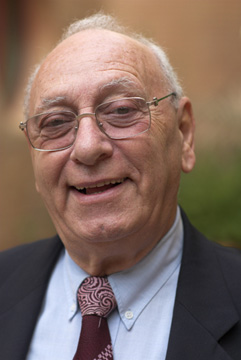
Musical documentary – 90 Minutes – Color HD – B&W Archive – 16X9 – Languages: French, Hebrew, Arabic – Production Status: Development, fund raising
As we follow the music of renowned pianist Maurice El Medioni, the dramatic narrative of the Jews of Algeria is revealed. From centuries of harmonious coexistence to complete exile from their homeland, the story of a lost Jewish community is told by the notes of Maurice’s virtuous music.
Music is a fundamental element of the film. It has journeyed alongside the Algerian Jews, and like the main characters, has evolved with historical conflict. We will be using music and Maurice’s life story to paint a portrait of a formerly strong Jewish community.
Story Structure – The story is told through the eyes of Maurice El Medioni. His story covers all the events of the last century of the Algerian Jewish struggle. He has a personal conflict when it comes to Algeria. On one hand this country was his home, but on the other this home he is fond of forced him into exile. His music reflects this inner conflict. His experiences and performances provide fluid transitions into the stories and music of Algerian Jews.
Today, at age 83, Maurice has finally immigrated to Israel. This act ended a long-time struggle in maintaining a Jewish identity. Home to many French Jews, Maurice bought an apartment to live out the remainder of his life in Natanya, Israel.
This documentary will consist of interviews of Maurice intertwined his 2010 tour and historical summaries of events. The many beautiful pieces of his various concerts will weave in and out of historical narrative. Maurice’s music will provide both a medium to push the story forward and a unique soundtrack. Archival material such as videos, photos, and music, will be used to portray both Maurice’s life in Algeria as well as Jewish life there in general throughout the century.